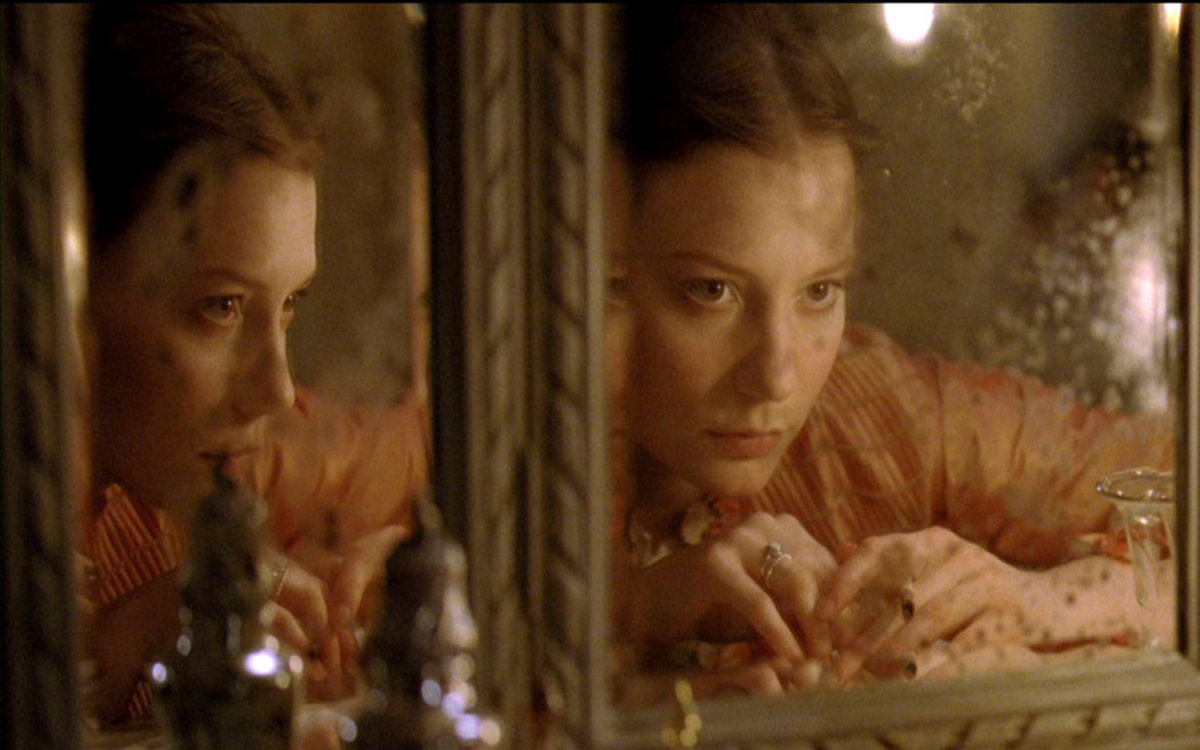It’s not exactly Gustave Flaubert’s character that Feng Xiaogang refers to in his new film.
Moviegoers in China and overseas may miss the reference in Feng Xiaogang’s new film I Am Not Madame Bovary, in part because the director is not invoking Gustave Flaubert’s titular character, but a rather different leading lady of Chinese literature.
The film’s title in Chinese is not I Am Not Madame Bovary, but instead I Am Not Pan Jinlian. While both women have been pilloried during various eras for moral depravity, the nature of their characters is dissimilar.
Pan Jinlian first appears in Outlaws of the Marsh (also known as Water Margin and All Men Are Brothers), one of China’s four classic novels, attributed to Shi Nai’an and written in the late Yuan Dynasty (1271-1368) or very early Ming Dynasty (1368-1644). She is a minor character in a story that features 108 heroes, and would probably have been largely lost to literary history if another writer, known only by the pseudonym Lanling Xiaoxiao Sheng, had not made her the central character of what remains China’s best-known erotic novel, Jin Ping Mei (金瓶梅), translated as The Plum in the Golden Vase, or sometimes by Pan’s given name, The Golden Lotus.
“In both [books], [Pan] is a literal femme fatale — insatiably lustful, tiny-footed, and trained in the sort of singing and music playing that would have been associated with sing-song entertainers of dubious reputation, rather than with ladies of good breeding or respectable primary wives,” Brendan O’Kane, a Ph.D candidate in Ming and Qing Dynasty literature at the University of Pennsylvania. Pan becomes the fifth wife of the book’s main character, Ximen Qing, after she murders her first husband, and his romance with Pan, along with his other sexual exploits, forms the core of the story. Pan also causes the demise of her second husband, although inadvertently.
“[Pan] is a bad woman par excellence, and despite attempts by some modern writers and scholars to paint her in a slightly more sympathetic light, she is still very much a symbol of womanly indecency and villainy,” O’Kane said — which is the character director Feng is attempting to invoke in his film’s Chinese title, and the image that his film’s protagonist, Li Xuelian (“Snow Lotus” as opposed to Pan’s “Golden”) played by Fan Bingbing, wants to avoid.
While Madame Bovary is now seen more for its literary rather than erotic qualities, referred to by some critics as the “perfect novel,” The Golden Lotus is still largely viewed as pornographic. However, contemporary scholars have also reframed it as a commentary on class and behavior rather than simply a prurient work.
Flaubert’s Emma Bovary may be viewed as promiscuous by some, a feminist icon by others, but the only life she ultimately takes is her own. In Feng’s film, it is his female main character who is wronged, but still painted with the nasty Pan Jinlian/Madame Bovary brush by her husband, with the reference being explained early in the film. But in this case, regardless in which language the film’s title is read, Li Xuelian is neither.






